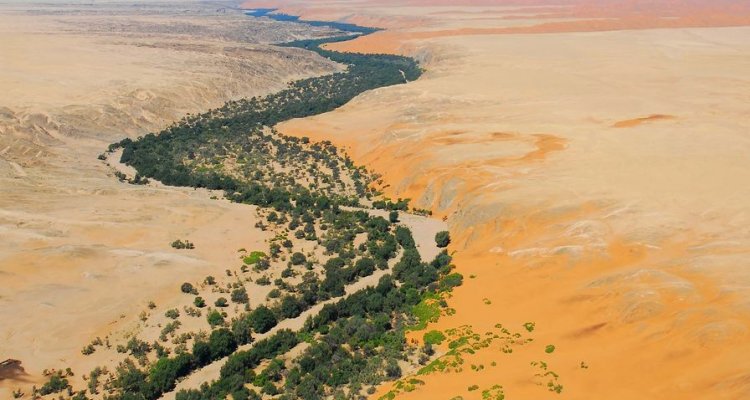
Research programmes
In Wageningen we encompass the entire chain of knowledge, from curiosity-driven fundamental research to science-based and up-scalable practical knowledge to create solutions that have impact. WUR’s excellent research teams sustain our high ranking in our domain. They work disciplinarily, interdisciplinarily and transdisciplinarily with companies, NGOs, governmental agencies, research partners and society.
We can attain our national and international ambitions exclusively through powerful partnerships. We seek this collaboration at various levels and with various types of partners: not only universities and research institutes but also government agencies and public bodies, businesses and NGOs.
In the overview below you can find more information about our research programmes. A selection of our research programmes are ordered by research groups within WUR, regional, national and international.
Research programmes
Research programmes in which WUR cooperates with the Ministry of Agriculture, Fisheries, Food Security and Nature and the industry to tackle societal issues. The ministry makes funds available to WR for these research activities.
Investment programmes
Designated research areas in which WUR wishes to accelerate knowledge development and innovation.
- Connected circularity (until end of 2022)
- The protein transition (until end of 2022)
- Digital twins (until end of 2022)
- Biodiversity-positive food systems (2022-2024)
- Transformative bioeconomies(2022-2024)
- Data-Driven Discoveries in a Changing Climate (2022-2024)
National programmes
Wageningen University & Research can attain their ambitions exclusively through powerful partnerships. WUR works with businesses, the government, NGOs, and other research and education institutions. By collaborating with various partners in the pre-competitive stage and combining our research capacities, businesses can more quickly clear specific thresholds which must be done before commercial product development can take place.
In choosing research topics, WUR matches the national agenda on science and innovation policy. The NWO and the Top Sector policy, are important drivers in this. The issues and routes in the Dutch National Research Agenda also play a leading role in organizing our thematic research.
A selection of our national programmes
International programmes
Together with our international academic partners, the private sector, governments, NGOs and the philanthropic sector, we contribute to global agendas, particularly the United Nations Sustainable Development Goals (SDGs).
We are especially committed to the SDGs’ zero hunger; good health and well-being; quality education; clean water and sanitation; sustainable cities and communities; responsible consumption and production; climate action; life in the water; life on land; and partnerships. We aim to set global agendas with partners, such as the Agrifood 5 Alliance (WUR, China Agricultural University, Cornell University, UC Davis and the University of São Paulo) and the CGIAR institutes. As a leading institution in Agriculture, Food and Environment, we understand our responsibility to proactively contribute to the European Commission’s agenda. In the coming 4 years we will expand research and innovation programs to contribute to Europe’s objectives, often in close collaboration with similar European institutions, such as INRA and European partner universities.
A selection of our research in:
-
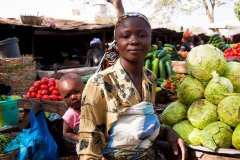
Africa
Food production per capita is declining in Africa and the number of undernourished people is increasing. In most African countries the agri-food sector is the engine for growth and poverty alleviation, and could be the key to halt this trend. Wageningen University & Research contributes to agriculture transformation in various ways.
-

Sahel region
The Sahelian region forms the cultural boundary between the Middle East and North Africa to the North and sub-Saharan Africa to the South. Literally, the Arabic term Sahil means shore or coast, and one can easily imagine the Sahara as a sea of sand seen from both the Maghreb mountain ranges and from the African savannas.
-
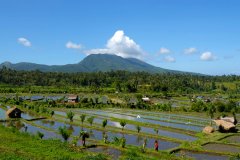
Asia
Asia is a large, diverse and rapidly developing continent with the world’s top economies (China, Japan, South-Korea) and BRIC economies (India) on the one side, and low and middle income countries such as Afghanistan and Bangladesh on the other side. Urbanization, food & nutrition security, high productive & sustainable farming systems, climate change, river and delta management, renewable energy etc. are among the major challenges facing Asian countries. Wageningen University & Research is contributing with high level education, (contract)research and training in all of these fields.
-
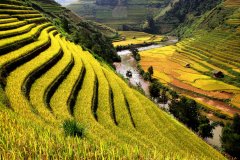
China
Collaborative partnerships are essential in achieving our mission of finding answers to global challenges. Wageningen University & Research cooperates with governments, academic institutions, the private sector and non-governmental organizations around the world. China is one of our key focus areas. Through four decades of collaboration with Chinese partners, we have created a powerful synergy in addressing global challenges such as climate change, the living environment, food security and safety.
-
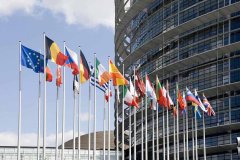
Europe
Europe is an important partner for Wageningen University and Research (WUR). Not only because the EU invests a great deal in research and innovation, but also because national and international policies are often made or adopted in Brussels.
-
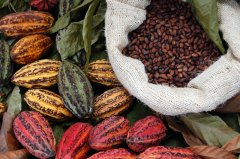
Latin America and the Caribbean
Wageningen University & Research collaborates with a broad range of partners in Argentina, Brazil, Colombia and Mexico, incidentally with companies and parties in Bolivia, Chile, Costa Rica, Cuba and Peru and occasionally in the other Latin American & Caribbean countries. The potential of Latin American and Caribbean countries to optimize production, secure own markets, add value and increase export of products seems to be evident. The region’s natural resources, on the other hand are of local, national and global importance. Sustainability and inclusiveness of production systems and conservation of natural resources and biodiversity will drive future developments.
Europe
- Programmes devoted to Knowledge and Innovation Development and to stimulating collaboration with public organisations (ERA-Net) programmes aimed at excellence in science,
- Industrial leadership and tackling social challenges (Horizon 2020)
- Initiatives for implementing the Strategic Research Agenda (JPI).